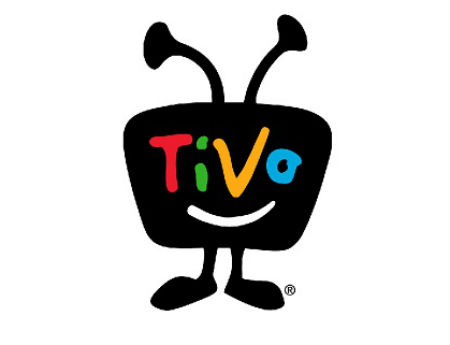TiVo: Deals Will Pave Path To Post-CableCARD World
The smarter way to stay on top of the multichannel video marketplace. Sign up below.
You are now subscribed
Your newsletter sign-up was successful

TiVo, once a burr in cable’s saddle when it came to next-gen video security, has been restored to an ally in the industry’s pursuit of a successor to the much-maligned CableCARD without further government intervention. But make no mistake -- the company wants the current CableCARD rules to remain until a next-gen solution is available for video devices sold at retail.
That much is apparent following this week’s revelation of a commercial agreement between TiVo and Comcast that will include the development of a new, non-CableCARD approach to video security that will enable retail-bought TiVo devices to gain access to the MSO’s full suite of video products, including linear TV and video-on-demand.
Under that same agreement, Comcast has also committed to continue providing and supporting CableCARDs in retail devices, a move that gives TiVo assurances that there won’t be a gap between the legacy and future way its devices will be able to obtain that content securely.
TiVo isn’t providing details on any similar discussions it has underway with other MVPDs (Charter Communications’ ongoing downloadable video security effort also has retail aspirations, for example), but the company believes that more direct cooperation between it and MVPDs now presents the smoothest path toward the post-CableCARD era.
“As evidenced by this agreement, our view is that commercial agreements are most likely to be the path going forward,” Jeff Klugman, TiVo’s executive vice president and general manager of products and revenue, said. “We’ve found that, as long as we have access to signal, however it comes, that’s really what’s important to supporting our business going forward. And not just for our business – for the business of other retail devices.”
That view, at least with respect on how things should progress with respect to next-gen approaches marks a bit of a change. TiVo, along with Best Buy, Intel, Google, Nagra, Radio Shack, and Sony, was an early member of the AllVid Tech Company Alliance, a group formed in 2011 that has been urging the FCC to move ahead on a new rule-making effort that would produce a successor to the CableCARD that could be applied not just to cable, but to all MVPDs. TiVo confirmed that it has withdrawn from that group and that it is working with operators on next-generation solutions. The company also reiterated that it believes the integration ban is important until a post-CableCARD solution is available for retail devices. The agreement with Comcast is a step toward that, but TiVo will want other operators to follow suit.
Meanwhile, the cable industry, including the National Cable & Telecommunications Commission, has asked the FCC to abolish the current set-top integration rules altogether because common reliance of the CableCARD is now established. Cable is also of the belief that market forces, rather than a new set of rules as envisioned by AllVid, should determine the course forward.
The smarter way to stay on top of the multichannel video marketplace. Sign up below.
Officials for the AllVid group have not yet commented on the Comcast-TiVo agreement, which did receive praise from Anna Eshoo (D-Calif), the ranking member of the Communications and Technology Subcommittee.
Klugman points out that the work with Comcast isn’t just about TiVo, as the MSO intends to license the technology to other MVPDs and CE companies. But he also acknowledged that it’s not a cross-industry standard, either.
“We’d love to see it broadly adopted, and if that meant it became a de facto standard at some point in time because it was the most commercially-adopted, that would be a great thing. But we’re happy to let the market drive that,” Klugman said.
Comcast isn’t providing any technical detail on its ideas for a non-CableCARD solution, noting that it’s still “premature” to provide that information.
Klugman said TiVo isn’t in position to provide details, either, but believes the outcome of that work will provide the customer with an approach that is “far superior” to having to use a physical devices such as the CableCARD.
“How the conditional access gets…to the box is really for them [Comcast] still to decide,” Klugman said, though he expects that TiVo will be providing guidance and input as Comcast develops the technology. “They want it to work. For that solution to work, they’ll have to engage us…early and frequently.”
Timing on when Comcast’s non-CableCARD approach will be ready for prime time hasn’t been disclosed, but that solution and the legacy CableCARD platform “will run in tandem for some reasonably long period of time to ensure that there’s no gap,” Klugman said.
